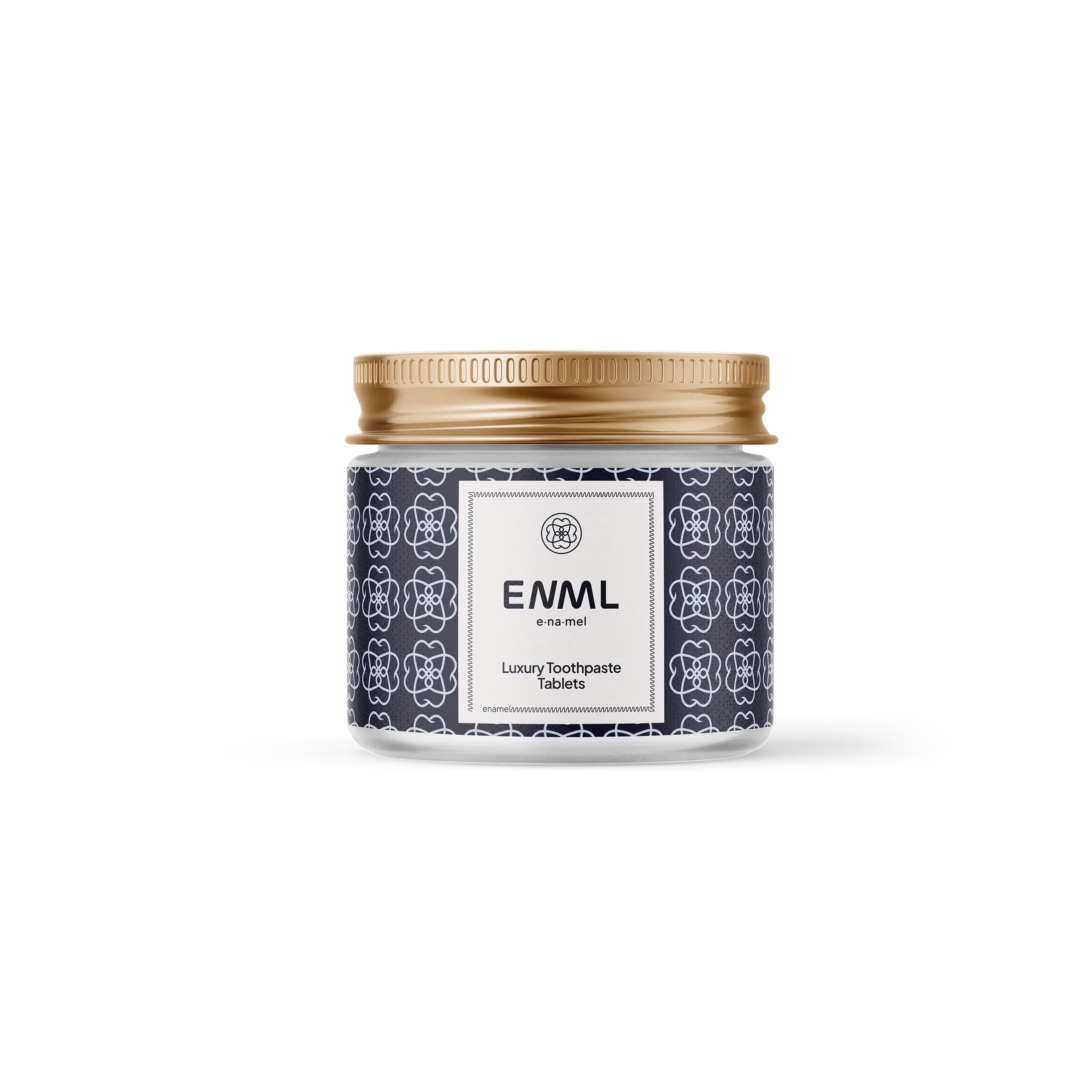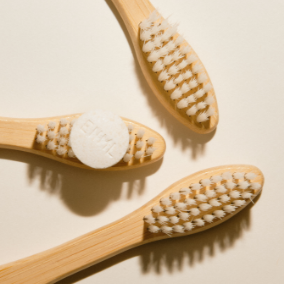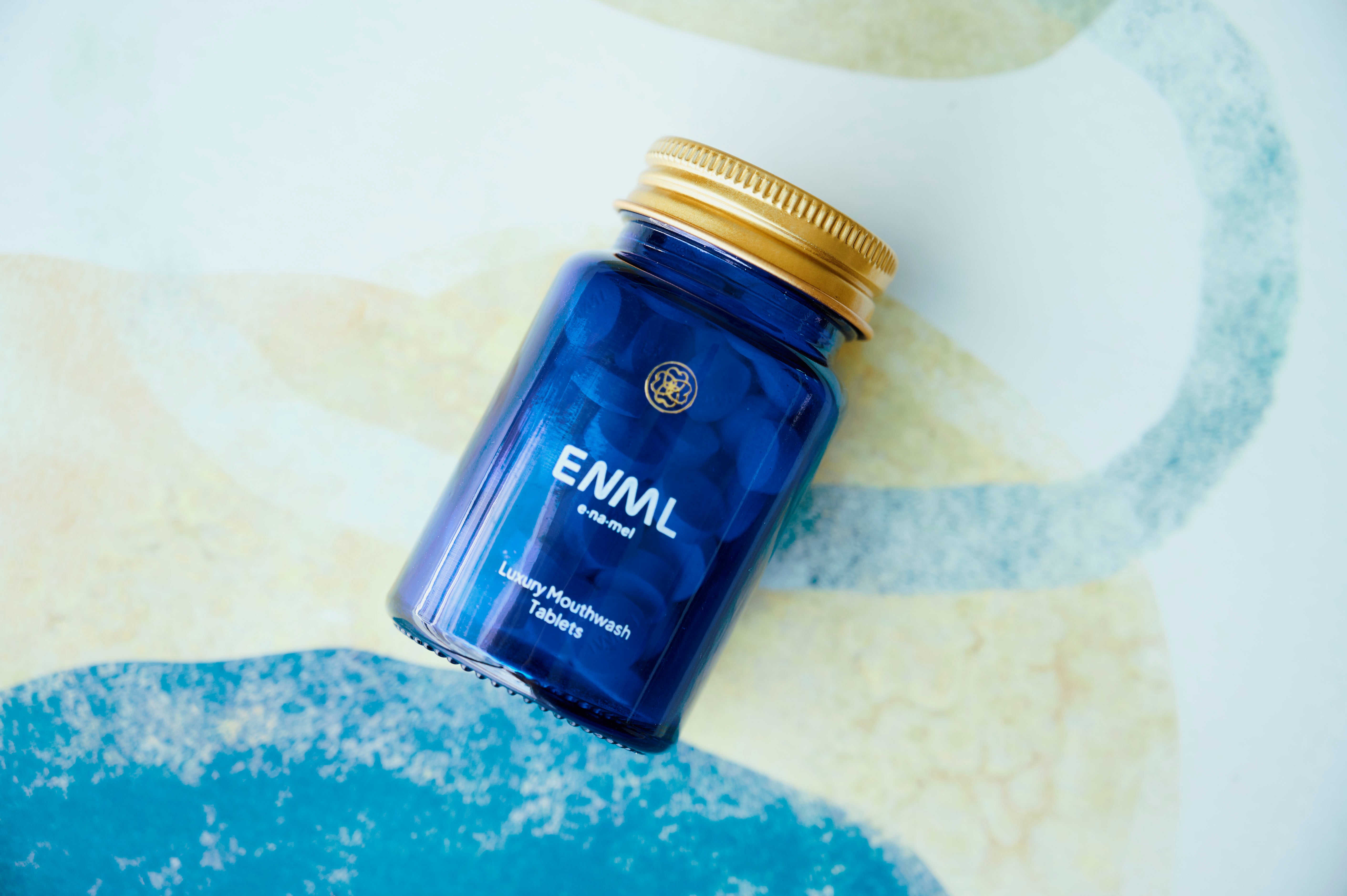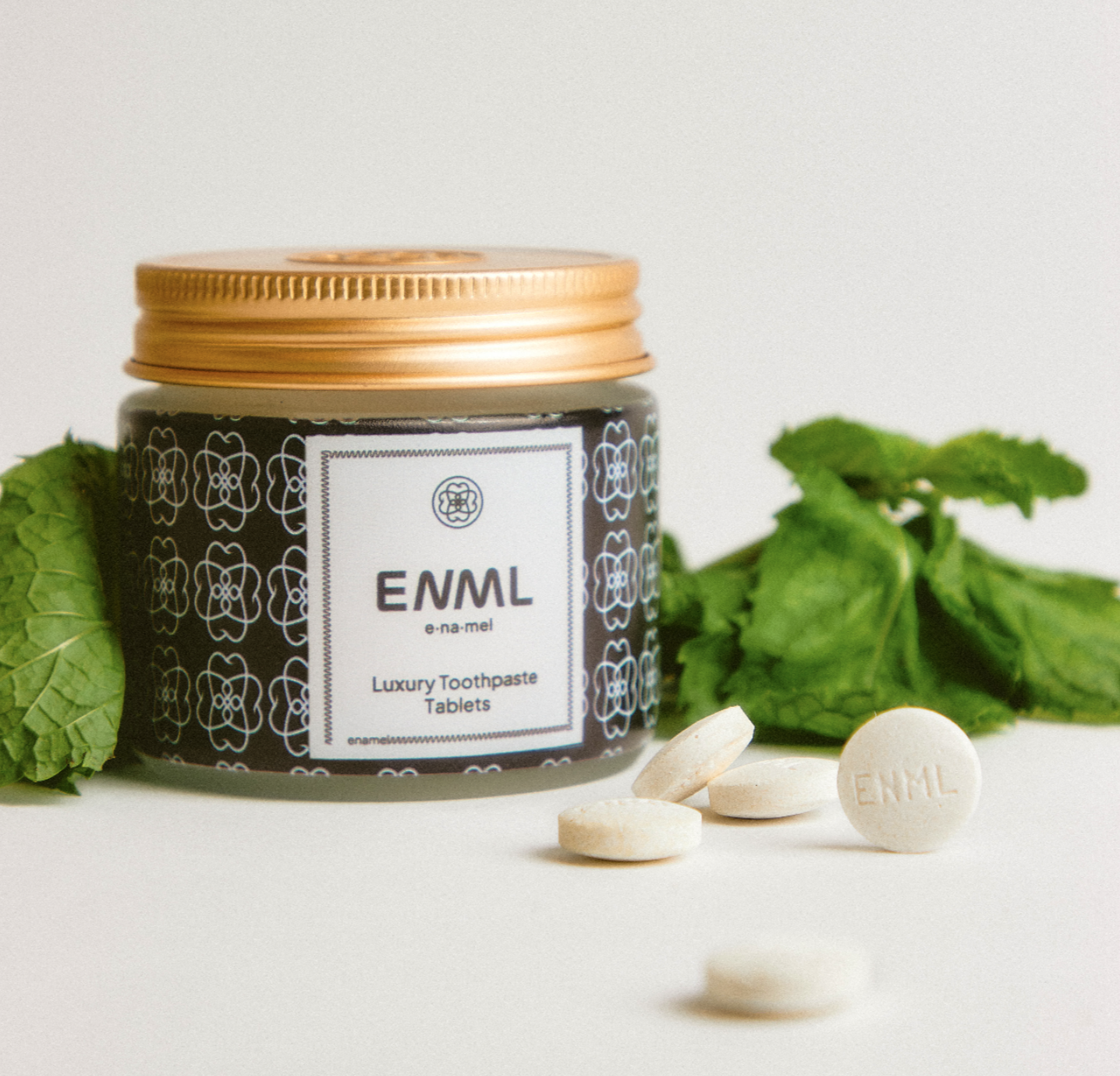In recent years, the debate over the best ingredients for maintaining optimal oral health has intensified. With the growing awareness of potential fluoride risks, many are seeking safer and more effective alternatives. One such alternative is microhydroxyapatite, a naturally occurring compound that is rapidly gaining traction in the oral care industry. In this post, we delve into why microhydroxyapatite is considered a game-changing alternative to fluoride and how it can benefit your oral health.
What makes microhydroxyapatite a superior alternative to fluoride in toothpaste?
💡Related Post: Why We Removed Unnecessary Ingredients from Toothpaste | Dentist's Eye-Opening Insight on ENML
Key Questions and Answers
1. What is microhydroxyapatite?
Microhydroxyapatite is a naturally occurring form of calcium that mimics the composition of human enamel. It is used in toothpaste to remineralize and strengthen teeth, offering a safer alternative to fluoride.
2. Why is microhydroxyapatite better than fluoride?
While fluoride is effective, it requires additional chemical reactions to work, which can introduce unnecessary compounds into your oral care routine. Microhydroxyapatite, on the other hand, allows you to brush your teeth with your teeth, providing a more natural and direct method of maintaining oral health.
3. Does microhydroxyapatite have any harmful chemicals?
No, unlike fluoride, which is registered on the FDA's list of poisons, microhydroxyapatite is a naturally occurring substance that does not carry the same risks. It provides the benefits of fluoride without the potential downsides.
4. How does microhydroxyapatite help with plaque removal?
The unique formulation of microhydroxyapatite in toothpaste helps to remove plaque and surface stains effectively. Its slightly chalky texture acts as a gentle exfoliant, scrubbing away plaque more efficiently than traditional toothpaste.
5. Is microhydroxyapatite as effective as fluoride in preventing tooth decay?
Yes, studies have shown that microhydroxyapatite is just as effective, if not more so, at preventing tooth decay and reducing sensitivity compared to fluoride-based toothpastes.
6. Why should I consider switching to microhydroxyapatite toothpaste?
If you're concerned about the potential risks associated with fluoride or are simply looking for a more natural oral care option, microhydroxyapatite toothpaste offers a safer and equally effective alternative. Plus, it eliminates the need for harmful chemicals in your daily routine.
7. Can microhydroxyapatite toothpaste benefit specific populations?
Yes, microhydroxyapatite toothpaste is particularly beneficial for those with sensitive teeth, children, pregnant women, and individuals looking to avoid fluoride. Its natural composition makes it a versatile option for a wide range of users.
Conclusion
Microhydroxyapatite is revolutionizing oral care by offering a natural, effective, and safer alternative to fluoride. Its ability to remineralize enamel, reduce sensitivity, and protect against tooth decay makes it a standout ingredient in modern toothpaste formulations. Unlike fluoride, it works without the need for unnecessary chemical reactions, aligning perfectly with those seeking a healthier and more natural approach to oral hygiene.
Ready to experience the difference? Upgrade your routine with ENML Toothpaste Tablets and discover the benefits of brushing with nature’s most effective enamel-strengthening compound. Make the switch today and take control of your oral health journey.
Transcript
Why is hydroxyapatite considered a superior alternative to fluoride? There are multiple reasons why hydroxyapatite is better. Does fluoride work? Of course, it works, but there's something better. Microhydroxyapatite doesn't need all the additional phosphate-calcium reactions.
There's a chemical reaction when you brush your teeth with fluoride that's not necessary with microhydroxyapatite. You're literally brushing your teeth with your teeth. When you think about it that way, it's really enlightening. It changes the game in terms of what we're offering and what this product does.
Patients will resonate with that when they realize we don't need all this extraneous chemical stuff. We don't need a poison that's registered on the FDA list of poisons in our toothpaste. We can brush with something that's naturally occurring, and it's pretty cool.






